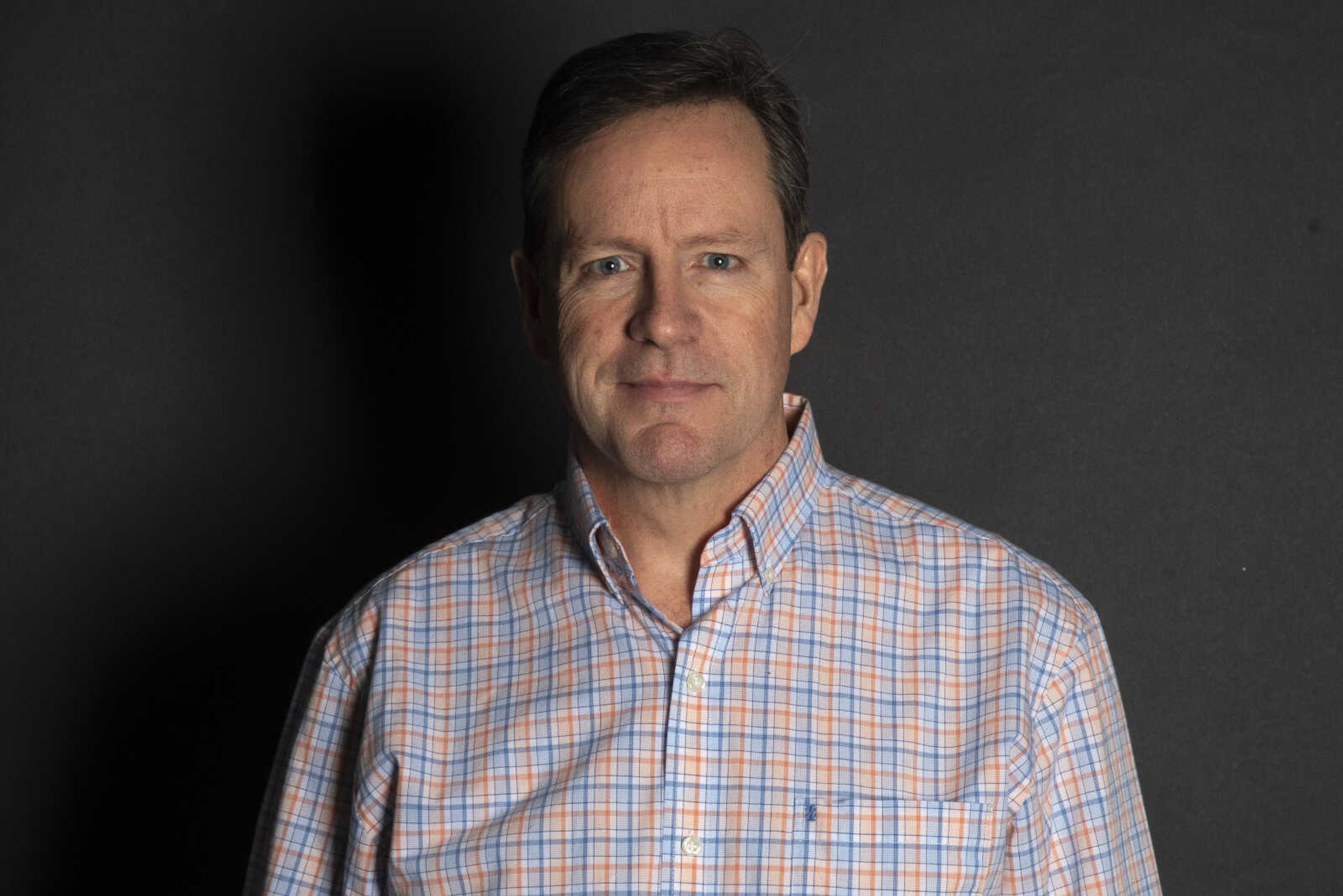Pray for peace not persecution
It looks like tougher times are ahead for conservative Christians in America. Many of my peers speak as though they welcome persecution by the government to combat complacent Christianity. Their hope is that the church will wake up and become more evangelistic. They believe persecution will bring about the spread of Christianity...
It looks like tougher times are ahead for conservative Christians in America. Many of my peers speak as though they welcome persecution by the government to combat complacent Christianity. Their hope is that the church will wake up and become more evangelistic. They believe persecution will bring about the spread of Christianity.
In the book of Acts, we read about how the early church was persecuted, as a result the Christians were scattered. They spread the gospel to many places instead of staying at one location. On a website called, "Plain Bible Teaching," Andy Sochor wrote a recent article entitled, "Does Persecution Cause the Church to Grow?" He said that because we are not as persecuted today as then, and we are not growing as rapidly as the early church, some have questioned if persecution may be a good thing. The question is, "Does a lack of persecution result in a lack of growth?"
Sochor cites three reasons some theorize an inherent connection between the persecution of the Christians and the growth of the church. First, there is the book of Acts. We read that the Jewish leaders were threatening the apostles and telling them not to preach about Jesus, but multitudes of new believers continued to be added to their numbers. In cases of persecution and opposition to the gospel, the gospel continues to spread.
Second, there are modern examples that seem to show a connection between persecution and growth. In 2019, China arrested over 5,000 Christians and 1,000 church leaders, demolished church buildings, yet Christianity continued to spread. In 2018, it was reported that Iran has one of the fastest growing underground church movements.
Third, Sochor says peace often coincides with complacency. This is the idea that when it is easy to be a Christian, people become complacent, and complacency leads to stagnation. There may be some people who welcome persecution, thinking it will move the church from complacency toward revitalization and growth.
I do not believe Christians want to watch family members suffer or be killed? I am praying for peace, not persecution.
The author of the article discusses three conditions that cause the church to grow. One is the gospel message itself. In Romans 1:16, Paul describes the gospel as "the power of God for salvation." We preach the gospel, then people believe and become Christians. Another condition is the willingness of Christians and churches to spread the gospel. Even when the disciples were scattered, they continued to preach the gospel. The final condition is the willingness of the people to hear the message. We cannot force anyone to believe in Jesus. They must hear and then believe. These conditions can occur during persecution and during times of peace.
Persecution hinders unbelievers from hearing or wanting to listen to the gospel. Persecution causes weak Christians to fall away. In Matthew 13:21, we read about the sower and the seed. When persecution came, their faith commitment was too shallow to stay rooted. Persecution disrupts the work of the church. Sochor makes a good point, "If Christians will not spread the word during times of peace, they will not do it during persecution."
He gives three reasons to pray for peace instead of praying for persecution. First, because God wants all to be saved, 1 Timothy 2:3--4, " This is good, and it is pleasing in the sight of God our Savior, who desires all people to be saved and to come to the knowledge of the truth." Governments who hinder the gospel offend God.
The second reason we pray for peace is that God wants Christians to be strengthened. Some want persecution to weed out the weak, but God wants us to strengthen the weak. My ministry philosophy is to use the ministry to grow people, not to use people to grow my ministry.
The third reason to pray for peace is because God wants the church to be at work. In times of peace, the church can more freely fulfill its mission. We have essential work to do.
Pray for peace, and an opportunity to spread the gospel.
Connect with the Southeast Missourian Newsroom:
For corrections to this story or other insights for the editor, click here. To submit a letter to the editor, click here. To learn about the Southeast Missourian’s AI Policy, click here.










